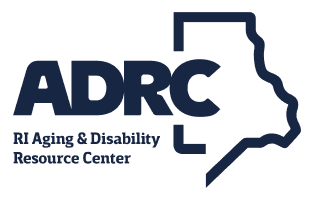Homeless Shelter | Crossroads Rhode Island
Emergency Shelters Citizens Bank Family Center: Provides emergency shelter and support for up to 15 families. Couples' Shelter: The only emergency shelter in the state for couples without children, offers case management for four couples in scattered apartments. Harrington Hall: Rhode Island's largest men's shelter, accommodates up to 112 men. Women's Shelter: Shelters 41 women in 10 shared bedrooms, one wheelchair-accessible bedroom, a common space and outdoor patio.
Physical Address
162 Broad Street, Providence, RI 02903
Hours
24/7 Winter Hub drop in hours beginning at 4:00pm January 6, 2025
Website
Application process
Must be Entered into the Coordinated Entry System Before Being Placed into Emergency Shelter. Call for Information COVID-19: Our hotline 401-861-2760 continues to operate 24/7. The shelter continues to operate 24/7, providing core services and meeting client needs. Home visits have been suspended. Community case management services are provided by telecommunication. Some staff are working remotely. All staff are available by telephone and email. Clients will continue to receive services.
Fee
No Fees
Required documents
One (1) form of personal ID, photo ID preferred
Eligibility
Homeless; Domestic Violence
Languages
Spanish interpretation readily available
Service area
Statewide
Agency info
Crossroads Rhode Island
Founded in 1894 as Travelers Aid to assist vulnerable women, service members and travelers, Crossroads has been serving those in need for 125 years. Their mission has since evolved to help individuals and families in need overcome their homelessness. They provide a range of specialized services to meet the unique needs of our clients, including: Housing in more than 370 residences statewide 24-hour/7-day-a-week emergency services Education and employment services Comprehensive case management In 2018, Crossroads and the Rhode Island Coalition for the Homeless partnered to create the Coordinated Entry System. Coordinated Entry is a federal mandate that requires the state’s homeless service providers to integrate their efforts to achieve the following goals: Make it easier for people to access services Identify and prioritize services based on need Make sure that people who need help the most, get help first
